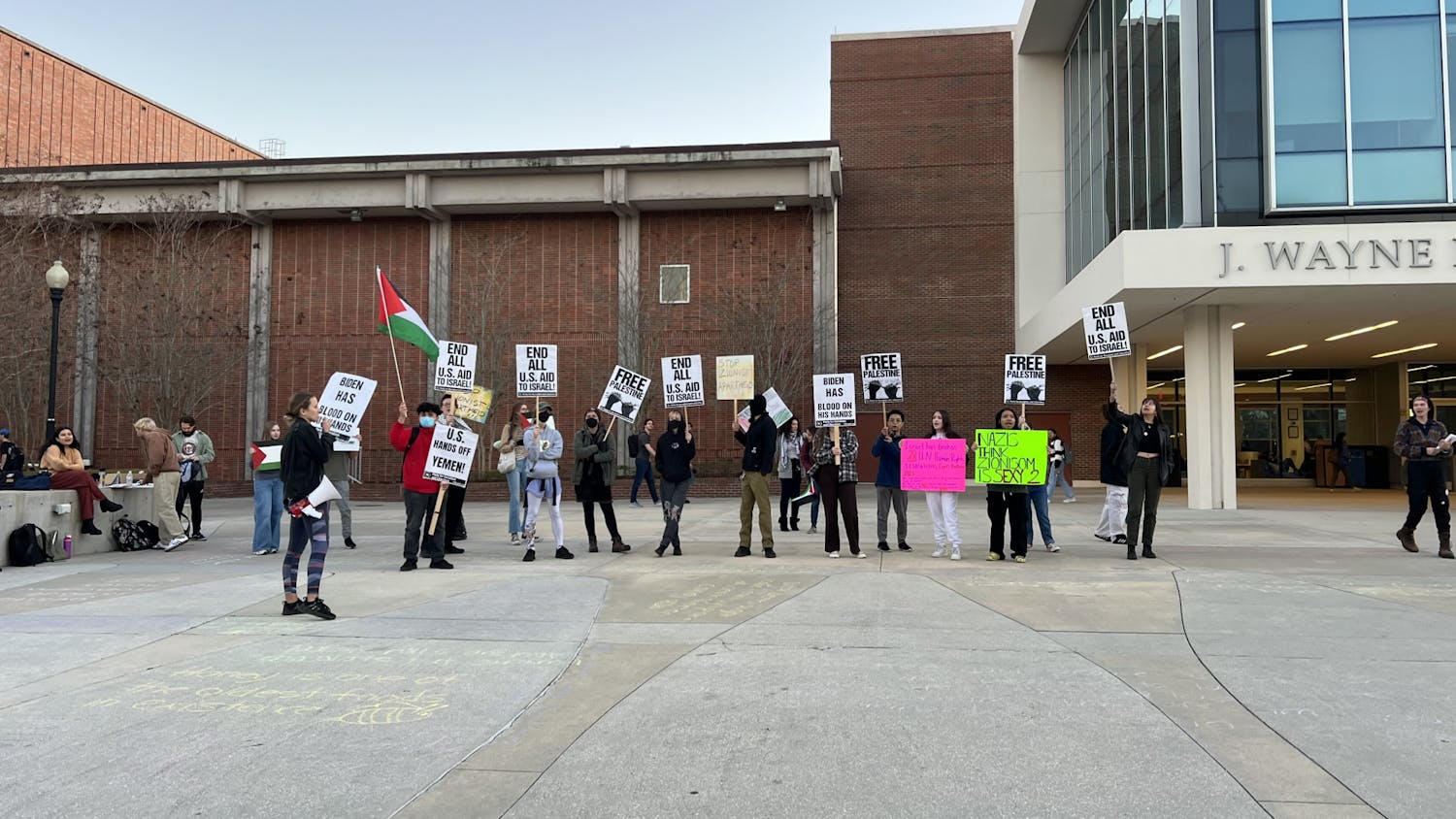When you hear the words “settler colonialism,” you might think of it as something that went away in the 20th century, but look no further than the often touted “only democracy in the Middle East:” The state of Israel that was established 66 years ago. While this is often described as a moment of liberation for the Jewish people after facing a thousand years of European anti-Semitism, which we saw the worst of in the Shoah (Holocaust), for Palestinians 1948 represents a traumatic event that they describe as al-Nakba, or “catastrophe” in Arabic.
May 15 marked the commemoration of the Nakba by Palestinians around the world, except it is in Israel, where the “Nakba Law” criminalizes commemoration of this event from both Palestinian and Israeli history.
Palestinian society was forever impacted when approximately 720,000 Palestinians were forced into exile by pre-Israel Zionist militias from 1947 to 1948. In fact, the majority of those were exiled before May 15, 1948, when Israel officially declared itself as a state and the Arab-Israeli War began. It is simply immoral to frame the establishment of Israel in a liberation context in line with anti-colonial struggles of the post war period in Africa and Asia. How can it be called independence when it is gained by forcibly removing the indigenous population to create a state where the majority of the citizens are Jewish, and while this forced majority is given a higher status and more rights over the indigenous?
This is not liberation: It is colonialism.
We as Americans should recognize our own nation’s history of ethnically cleansing the Native Americans and attempting to normalize our erasure of them. We all live on stolen land, whether we would like to admit that or not, and we see the result of our carnage against this land’s indigenous, in which Native Americans have been marginalized and forced to live in reservations. Maybe through conscious observance of this tragedy, we would be able to understand similar systems of oppression, many of which are still ongoing.
Any person with a conscience must uphold United Nations Resolution 194 and the Geneva Convention that guarantees Palestinians their right of return. The largest refugee population in the world, 6.5 million, consists of Palestinians who were exiled in 1948 and their descendants, and that only accounts for those registered by the United Nations Relief and Works Agency. The right of return should not be seen as a barrier to peace but a necessity to provide true rehabilitation to those who suffer in some of the most horrible conditions in UN camps. Furthermore, the struggle against settler colonialism and apartheid didn’t end with South Africa. The same policies of separation exist in the occupied territories and even in what is deemed as Israel proper today in the form of segregated roads and schools, home demolitions and various other state policies meant for erasure, both of Palestinian people and their history.
This summer as we reflect on tragedies facing the global community, let us not forget to remember Palestinians and the Nakba that is still ongoing.
[Rami Okasha and Eric Brown are members of UF Students for Justice in Palestine. A version of this column ran on page 7 on 5/27/2014 under the headline "Settler colonialism in Israel"]





